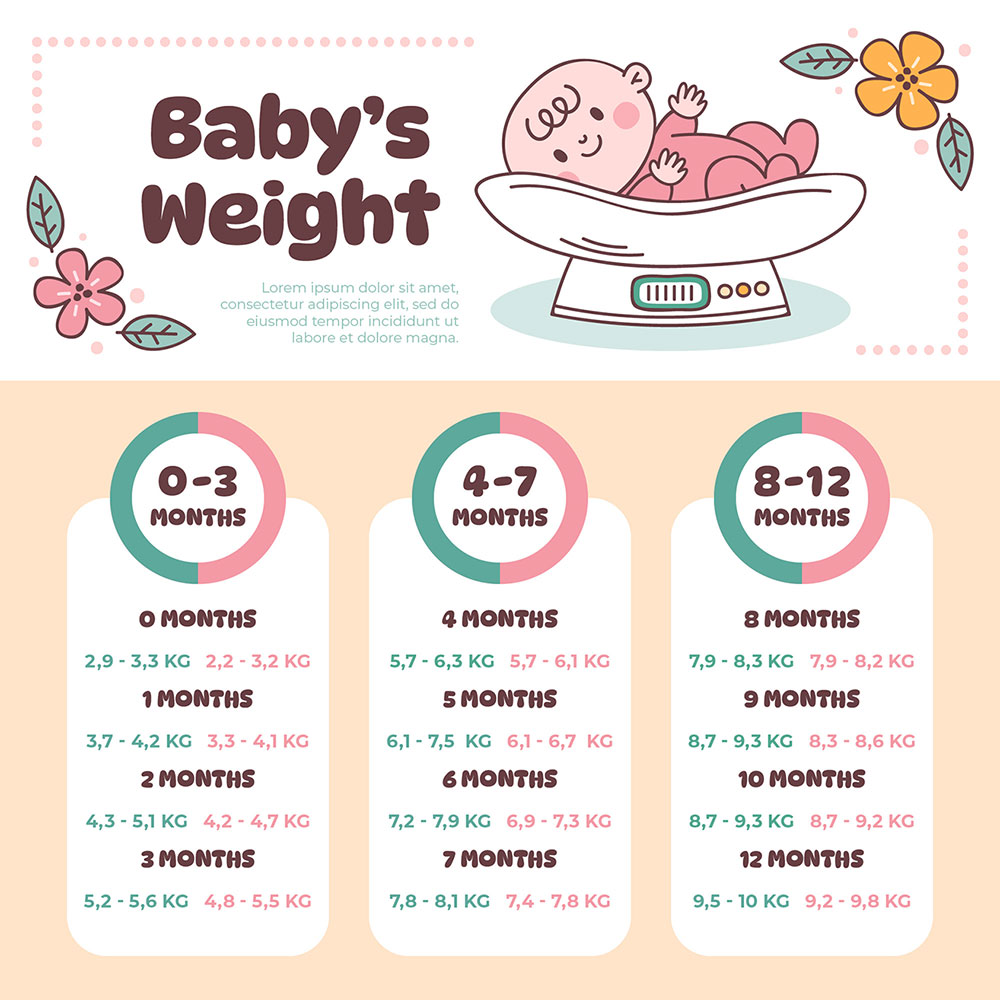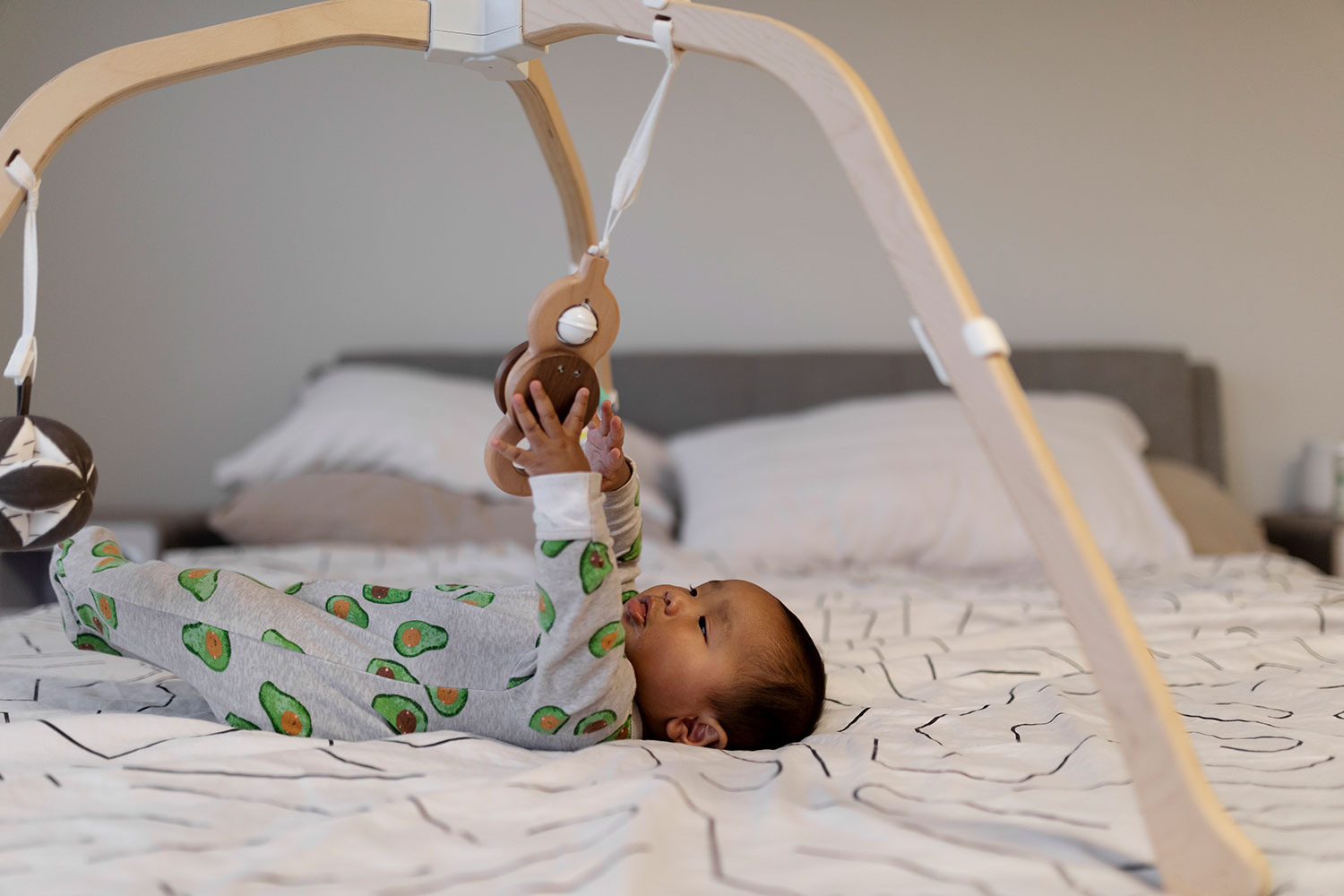Introduction: Why a Bedtime Routine Matters
One of the biggest challenges for new parents is establishing a consistent bedtime routine for their baby. Newborns have unpredictable sleep patterns, and many parents struggle with frequent night wakings, short naps, and restless sleep. But with the right baby sleep tips, you can create a calming bedtime routine that helps your little one relax and sleep longer.
A structured newborn bedtime routine not only improves sleep quality but also helps regulate your baby’s internal clock, making it easier for them to distinguish between day and night. In this guide, we’ll explore the best strategies for getting your baby to sleep.

1. Understanding Your Baby’s Sleep Needs
Before setting up a bedtime routine, it’s important to understand how much sleep your baby needs based on their age:
Age | Total Sleep Needed Per Day | Nighttime Sleep | Daytime Naps |
|---|---|---|---|
Newborn (0-3 months) | 14-17 hours | 8-9 hours | 3-5 naps |
3-6 months | 14-15 hours | 9-10 hours | 3-4 naps |
6-12 months | 12-14 months | 10-11 months | 2-3 naps |
Newborns wake up frequently because their sleep cycles are short, lasting only 50-60 minutes. Over time, they develop longer sleep stretches, especially when a consistent bedtime routine is in place.

2. Creating a Relaxing Sleep Environment
A calm, distraction-free sleep environment helps signal to your baby that it’s time for bed. Here’s how to create the perfect setting:
- Dim the lights – Darkness promotes melatonin production, which aids sleep.
- Use white noise – Helps drown out background noise and soothes the baby.
- Keep the room cool – Ideal temperature is between 68-72°F (20-22°C).
- Choose soft bedding – Opt for breathable fabrics to prevent overheating.

3. Establishing a Predictable Bedtime Routine
A structured bedtime routine helps your baby associate certain activities with sleep. The ideal routine should be 30-45 minutes long and include:
Step-by-Step Baby Bedtime Routine:
1. Bath Time (Optional, but Relaxing):
A warm bath can be soothing, but not all babies enjoy it. If your baby finds baths stimulating, skip this step.
- Use lukewarm water and gentle baby soap.
- Keep the bath short—5-10 minutes is enough.
- Wrap your baby in a soft towel immediately after.

2. Gentle Massage & Pajamas:
A light massage with baby-safe lotion can be calming and help with digestion.
- Use soft, circular motions on the baby’s back and legs.
- Dress them in a breathable, soft baby bodysuit to prevent overheating.

3. Quiet Time – Reading or Lullabies:
Reading a book or singing a lullaby signals that sleep is approaching.
- Choose calm bedtime stories with soft illustrations.
- Sing a gentle lullaby or play relaxing music.

4. Feeding (If Needed):
If your baby is still feeding at night, a bottle or breastfeeding session should be calm and quiet.
- Avoid bright lights during feeding.
- Hold your baby close to make them feel secure.

5. Place Baby in the Crib Sleepy but Awake:
This teaches self-soothing skills, helping your baby fall asleep independently.
- Lay them down when they’re drowsy but awake.
- Use a consistent sleep phrase like “Goodnight, my love.”

4. Managing Night Wakings
Babies naturally wake up at night, but how you respond affects their sleep habits.
- Pause before responding – Sometimes, babies self-soothe and fall back asleep.
- Use a soothing voice, not playtime – Keep interactions minimal.
- Avoid feeding unless truly needed – Helps break the association between feeding and sleep.

Final Thoughts: The Key to a Restful Night
A consistent bedtime routine is the foundation of good sleep habits. By creating a calm environment, following a predictable routine, and choosing comfortable sleepwear like breathable baby bodysuits, you can help your baby sleep longer and better.
Looking for soft, breathable baby bodysuits for a peaceful night’s sleep? Browse our latest collection now!